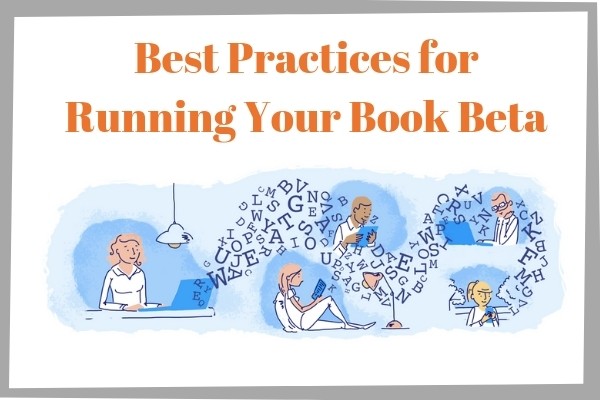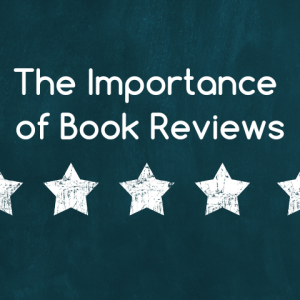Today our guest blogger is Paul Kilpatrick, co-founder of BetaBooks, a leading reader-management and audience-building software. Welcome to the blog, Paul.
Thanks! Great to be here.
Beta testing for products and services has been around for decades. It’s also a practice that has deep roots in publishing. Traditional publishers have long beta tested new books with readers, using betas as part of their editorial process and pre-launch marketing strategy.
During a Book Beta, authors work with beta readers, who provide feedback on a manuscript before it is published. Beta readers go through manuscripts with a fresh set of eyes. As first-time readers, they see things you as the author don’t see anymore. You’re simply too close to the work. Beta readers can make sure you’ve gotten the facts straight about specific characters, plot twists, vocations, locations, events, experience, and so much more. They can spot inconsistencies in voice and so much more. Editorial feedback is just one benefit of a Book Beta. It also offers authors like you the unique opportunity to build relationships with a group of readers who are invested in your project. More and more, Book Betas are becoming a key marketing strategy for independent authors.
The challenges of running a Book Beta are on the management side of the process. How do you find, ask, engaging and direct beta readers so you get the best possible outcome for both the author and beta readers? At BetaBooks we’ve talked with hundreds of authors and beta readers about these challenges. Over time, we’ve established a number of best practices and strategies authors can use to run a successful Book Beta. Here are our top three:
- Ask people who represent your ideal reader (those in your target audience) to be your beta readers.
- establish a hard deadline for the end of the beta
- ask simple, open-ended questions (avoid “yes” or “no” questions)
In this Bublish “Lunch & Learn” Webinar, I took a deeper dive into the unique ways authors are using Book Betas as a part of their editorial process as well as a foundation for audience building, successful book launches, and keeping readers engaged between books. I also answered your questions about how to run a successful beta for your book. I hope you join me to learn more about “Why and How to Beta Your Book.”





